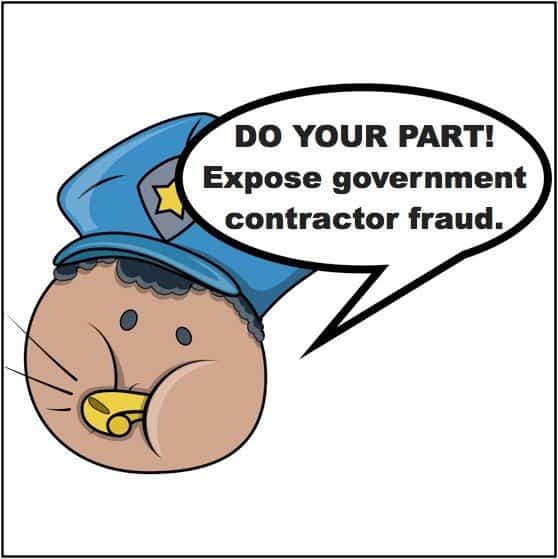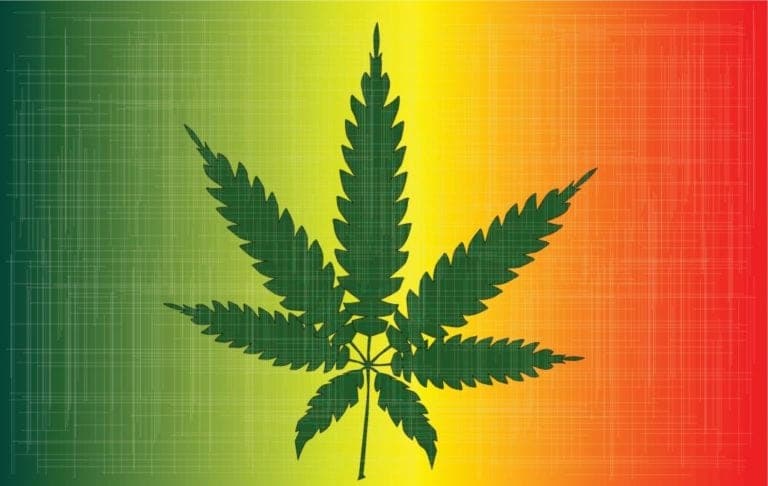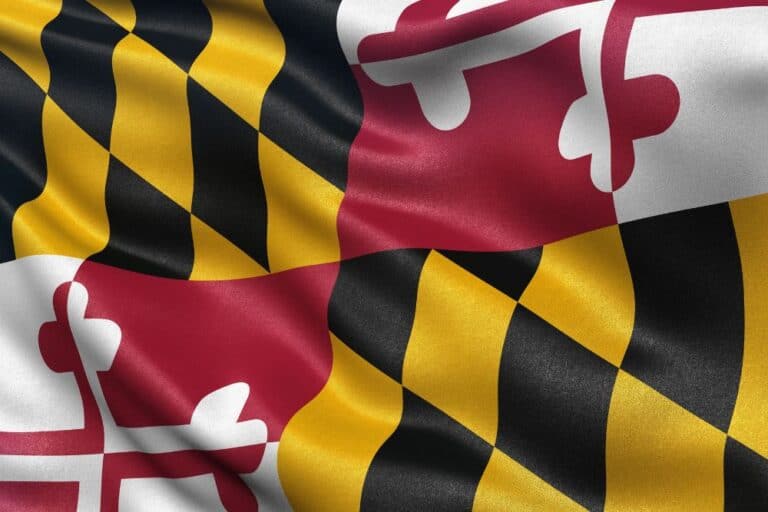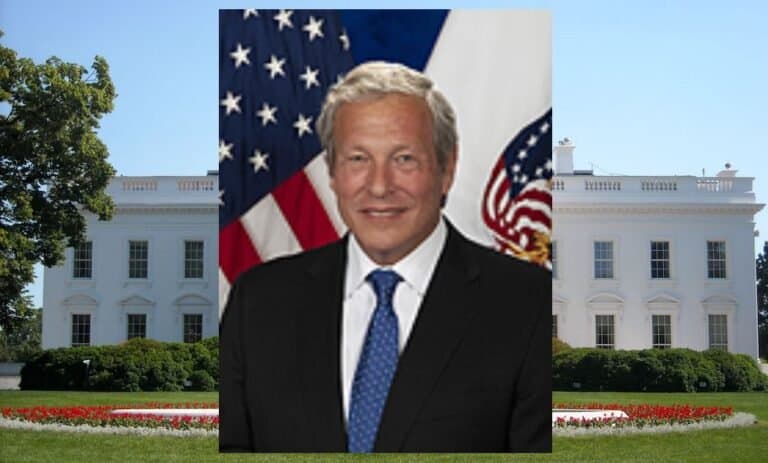MMQB: Whistleblower Rewarded with $63.9 Million
Whistleblower rewarded with $63.9 million.
A whistleblower in a case involving JPMorgan defrauding the Department of Veterans Affairs received a hefty reward for sticking his neck out. That reward was over $60 million for helping the US Attorneys Office win a $600 million settlement against JPMorgan Chase.
This goes to show everyone there is real money attached to whistleblower claims when the violation is real and huge. Based on Congressional hearings, many Americans could assume violations are rampant within Veterans Affairs for fraud, waste and abuse. Yet, few VA employees and contractors are coming forward.
Hi and welcome to another edition of Monday Morning Quarterback for Veterans. I am your host and creator of DisabledVeterans.org – a platform to shine a light into they abyss that is modern Veterans Affairs. We cover all issues veteran related, and today we are looking at contractor fraud.
If you have been tuning in here for the past few weeks, you probably recall that I have written quite a bit about being a whistleblower. Now we have a good example of a recent case involving Veterans Affairs.
Today, we will cover this lawsuit and whistleblowing a bit more in depth:
- Overview
- Whistleblower lawsuit reward overview
- How you can make money being a whistleblower
- Why we have a moral duty to be whistleblowers
OVERVIEW: If you read no more, know this
Here is a general estimate of the fraud against VA. The US Attorneys Office wanted damages of $1.5 billion initially (they settled for just over $600 million). Common sense based on past experience tells us that when Wall Street defrauds anyone and is caught, that the requested damages are usually at least ten times less than the actual benefit of the fraud to the fraudster (no wonder Wall Street keeps doing it).
That means one possible estimate of JPMorgan’s fraud is $15 billion. If true, we also know the fraud against VA for just this scheme was around $1.5 billion since 12% of the award was attributed to the fraud against VA. Again, if this estimate is true, it means that VA was ripped off by $1.5 billion and had little to no clue about it but for the input from a whistleblower. Where were VA’s policies and procedures for ensuring this kind of HUGE fraud was not going on?
In truth, we may never know how expensive this fraud actually was regarding how much it cost the American taxpayer. Right now, we only know the amount of the settlement attributed to the fraud against VA. That amount was $49.4 million. Over $546 million was attributed to the fraud against HUD’s FHA program. That is still a whole lot of fraud.
Meanwhile, VA OIG is focusing a lot of energy on the nickel and dime fraudsters out there. VA Benefits is also focusing a lot of energy on preventing deserving veterans from getting their own deserved benefits to, in turn, prevent a few veterans from getting more benefits than they deserve. We still have no clear measure from VA of the true number of potential fraud committed by actual veterans for this purpose. Perhaps the number is so low that it is embarrassing in light of VA’s policy of treating veterans worse than criminals – guilty before proving yourself innocent.
Is this a typical case of the government spending $2 to save $1.95? My good friend Patrick Bellon, former head of Veterans For Common Sense, used to ask this rhetorical question of Senators with me while stumping on Capitol Hill. I believe the answer is a clear, “YES!”
Whistleblower rewarded $63.9 million
Keith Edwards reported crimes that JPMorgan and/or a predecessor committed over the past decade. The government was seeking over $2.1 billion in penalties, but the bank was able to reach settlement with the government for over $600 million last week.
Edwards, a former employee turned whistleblower, filed a qui tam suit under the False Claims Act against JPMorgan, which started the whole process. Qui tam suits are filed when a company is believed to have committed fraud against the government. Edwards is a Louisiana resident who worked for JPMorgan or its predecessors from 2003 to 2008. He was assistant vice president supervising the government insurance unit.
Here, the claims alleged that JPMorgan had a practice of submitting unqualified mortgages for government guarantees. The two government agencies being defrauded were the Federal Housing Administration (FHA) and the Department of Veterans Affairs (VA).
Government guarantees, aka insurance as it relates to these claims, involved guaranteeing a certain portion of the mortgage in the event of a default. Government insurance allows borrowers to qualify for mortgages they otherwise would not qualify for because the government guarantees a portion of the entire mortgage amount. These guarantees reduce the default risk of the banks in making the loans, and it allows consumers to purchase more expensive homes.
Based on the allegations, many billions in unqualified mortgages were likely fraudulently submitted to the government. During the housing crash, this would have resulted in American taxpayers footing the bill for many, many defaults.
Here is why this is important. Excessive defaults harm these programs by distorting the default rate that would have been wrongly attributed to the veteran population and to lower-middle class Americans. The distortion comes from the fact that many of the mortgages were actually unqualified for the guarantee programs but submitted as though they were qualified.
In this situation, JPMorgan would have benefited by writing more mortgages and in turn deflating its risk portfolio in light of the insurance from VA and FHA. To give an idea of proportions, about $7.4 million of the $63.9 million reward to Edwards concerns mortgages involving the VA home loan division. The rest involves the FHA.
A Missouri attorney served as counsel for Edwards. His name was David Wasinger. Wasinger has recently tangled with Bank of America’s Countrywide unit in a similar suit. That suite alleged $2.1 billion in damages.
In the JPMorgan case, Wasinger will receive a large sum for his role in assisting the US District Attorneys Office in the suit. Generally, for whistleblower suits, the attorney will receive between 33% to 40% of the total recovery from JPMorgan. In this instance, Wasinger has not commented on his actual reward from the fed.
You can learn more about two David Wasinger qui tam suits here.
How you can make money being a whistleblower
Many employees working for government contractors likely have some form of exposure that could result in a successful qui tam under the False Claims Act for a reward.
The False Claims Act provide liability for any person (i) who “knowingly presents, or causes to be presented, a false or fraudulent claim for payment or approval”; or (ii) who “knowingly makes, uses, or causes to be made or used, a false record or statement to a false or fraudulent claim” 31 USC § 3729(a)(1)(A-B).
For example, let’s say you work for Contractor X. Contractor X sells a widget to the Department of Veterans Affairs for $1 billion. In that sum, Contractor X claims it is selling Widget Y to the government but it instead ships out a more cheaply made widget. We will call it Widget P.
Widget P is much cheaper to make and breaks more quickly. Contractor X fraudulently claims to the government that it is providing Widget Y instead. And, they charge Veterans Affairs for the full price of the other widget, anyway. The price difference between to the two widgets is $500 million. Thus, the government is being over-billed by $500 million for its junkier widget.
Let’s say you find documents containing the fraud and decide to blow the whistle. If you have perfect documentation and you find an attorney who represents you properly, you may win the claim and win the reward if the government takes on your case.
In this example, assuming your claim was exactly prosecuted, you would receive a percentage of the reward. In the above example with JPMorgan, Edwards received 10% of the reward. In our example here, you would receive around $50 million for your help in recovering taxpayer dollars.
Now, some whistleblower deadlines happen as fast as 30 days. If you have a possible claim, it is best to not wait around.
For more information on whistleblowers, check out these resources:
Why we have a moral duty to be whistleblowers
By blowing the whistle on fraudsters, we prevent things like the housing bubble and bank fraud. We prevent vast waste and exploitation of taxpayers by companies for the sole benefit of themselves and their shareholders. We prevent the fleecing of our country to the detriment of our children’s, children’s children.
The money stolen today will have to be paid back at some point since our politicians cannot get their spending under control. While those infants in Congress focus on cutting benefits for America’s elderly and its veterans, we can focus on blowing the whistle on those government contractors who defraud taxpayers.
It is terribly ironic that our bailout benefited those same banks that were defrauding us and in turn caused the collapse that cost American’s like me our jobs and destroyed the job market.
But it is not just a money issue. It is a moral issue. Exposing bad acts against our nation will help us keep our nation’s officials and corporations on a straighter path. It will root out those who have no problem lying, and hopefully elevate honest people into positions of power. Many American’s complain about our corrupt leadership in this country. Becoming a whistleblower is one way to do your part.
Here is a little history about qui tam and why it is vital to our democracy to root out corruption including corrupt corporate greedmonsters who defraud taxpayers.
Qui tam is a Latin term derived from the phrase “qui tam pro domino rege quam pro se ipso in had parte sequitur.” Translated, this means “he who brings a case on behalf of our lord the King, as well as for himself.” We need a whole lot more of these people to step forward to save our country.
Like most things in our current legal system, qui tam laws date back to England as far back as the Middle Ages. In 1318, King Edward II wanted whistleblowers to alert him when his government officials were double dipping as wine merchants. So, he dreamt up a remedy where one-third of the penalty for moonlighting would go to the whistleblower.
The legal remedy persisted throughout the centuries and eventually found its way into the United States. During the Civil War, government contractor fraud was rampant both in the North and the South. In response, President Abraham Lincoln created the False Claims Act. Since then, the Act was commonly referred to as the “Lincoln Law.”
As a personal aside, I find it interesting that Lincoln is only well know for his position on slavery laws while little mention is made of his curious position against government contractor fraud. Ironically, his son Robert became a preeminent defense contractor after Lincoln’s assassination.
Lincoln’s Law implemented qui tam provisions, which meant that the reward to the whistleblower would be in proportion to the recovery of the government. The citizen has standing in qui tam actions because the rule allows claimants to be partially assigned a portion of the government’s legal injury.
Traditionally, the legal framework was used against defense contractors. However, in the past 30 years, the remedy was also used in health care fraud cases.
The issue here is basic economics. Whistleblowers generally face a social and economic penalty for coming forward. Social problems could include harassment and criminal threats against their safety. Economic problems could result from being fired and blacklisted from similar companies for the purpose of finding employment.
To encourage whistleblowers to come forward despite the obvious issues, the person needs an economic incentive so that they can eat and live out their days. So, that is essentially the reason for the reward.
Attorneys also get a reward for their own risk. It takes countless hours to vet good claims from the bad. It also takes countless hours to develop the case to the point of filing the complaint. These are hours where the attorney is not receiving any kind of pay check for their labor. On a very basic level, if the suit is unsuccessful, the attorney risks not eating. For that reason, there must exist some economic benefit for the attorney to take on the risk. This benefit comes in the form of a substantial reward if the claim is successful.
And that is all I have to say about that. Until next time, keep your eyes and ears peeled for examples of potential government fraud. Write in if you know of any stories or examples where a qui tam suit might be a good fix.






五元的价值可以是这样的:
8000G资源,无限制下载。包括:网赚项目、群发软件、名师讲座、设计素材、致富信息。
五元的价值也可以是这样的:
推广赚钱,介绍一人,提成0.5元,八级倍增下线,只要有下线,什么都不干,终生收钱。
https://www.yinjiweb.com/?58
免费会员也有八级下线和双重提成
The VA itself continues to commit billions of dollars in fraud by misdirecting veterans benefits payments by fraudulently denying claims. Long lists have been published in recent months in the past year of dozens upon dozens of VA contractors, and VA employees, named by name, that have collected large cash bonuses for misappropriating VA budget funds which they re-direct to themselves. This is no difference from the VA payroll and check writing departments deciding to steal money and give it to themselves and anyone else they feel like enriching. Why doesn’t at least one state Attorney General,just one out of our 50 states, file state charges against the VA for this misappropriation of funds, AND get assistance from the federal Attorney General in doing the same? Paying bonuses, and failing to pay earned VA benefits, is like giving incentives to Federal Construction departments and contractors for NOT building and repairing our highways, which even a small child understands to be wrong and illegal. So, why is it that the VA can do the exact same thing to Veterans?
It is ridiculous and the government at every single level from local county and towns to state and federal in all departments and offices are rampant with fraud, wastes, and abuses. There isn’t one American not touched or experienced that has been frauded. The VA is one of them and if you served in the military I’m sure you’ve seen it there too. It makes me sick to my stomach to see that what we all know about the fraud happening in our system affects us as taxpayers and citizens who put our lives on the line for the government and they have the nerve to sit in their positions and find minuscule reasons to not pay a veteran a benefit promised by congressional law and not be willing to pay back to the date of the incident or injury it occurred let alone the unwillingness to pay a veteran back to date of claim. But to even doubt that an accident didn’t occur while in service with medical record proof is just as much a fraud. We get no justice from those whole fail to uphold justice in there very own lives. Let alone the example our politicians have displayed throughout my lifetime for I believe they are the biggest government frauds of all the frauders.
The VA spends hours upon hours scouring service records and c-files for the one single word (included or not included) giving them the chance to deny claim after claim by deserving veterans. This falls into the “more likely than not” or “is less than likely” realm. It is definitely a clear example of “Spending $2 to save $1.95”. It makes me sicker than I all ready am!
I DON’T “UNDERSTAND” HOW A SIMPLE DISABILITY CLAIM CAN BE “TURNED INSIDE-OUT” WHILE HUGE LUMP SUMS (BILLIONS) ARE JUST GIVEN AWAY. DOES SEEM LIKE $2 TO SAVE $1.95.